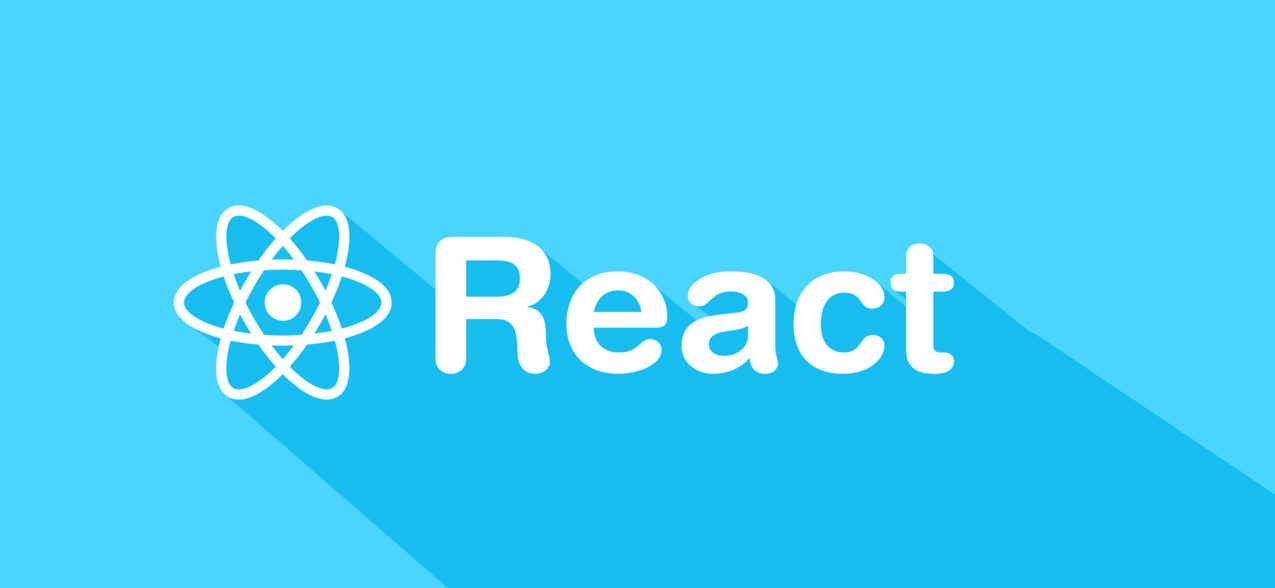
What are Blockchain Startups? Understanding the Basics
Blockchain companies deliver transactions across their infrastructure, built to secure and manage digital assets. Despite the prevailing skepticism toward blockchain startups, aspiring founders continue to explore and adopt unique features of blockchain technology. New solutions are gaining momentum in 2025, which demonstrates strong investor confidence in its future. Thus, blockchain for startups is still an attractive entrepreneurial opportunity, reinforced by growing interest from several major industries.
Key Technology Advantages of Blockchain
Blockchain companies recognize the increasing role of transparency and efficiency in data processing, providing a solid foundation for designing original solutions. Moreover, technology’s advantages denote the shift from traditional paperwork to smart contracts which is a crucial feature in handling bureaucratic burdens. Other essential features include but are not limited to:
- Advanced Security
- Enhanced Transparency
- Data Traceability
- Automation
Arguably, end-to-end visibility with streamlined processes remains the primary reason for considering blockchain solutions to improve business performance.
Latest Challenges Facing Blockchain Technology
Nevertheless, blockchain startups struggle to build positive perceptions due to the technology’s complexity. It is reasonable to admit that interoperability remains an additional challenge for blockchain adoption. The latest obstacles further include:
- High Energy Consumption
- Scalability Issues
- Security Nuances
- Lack of Certain Regulations
While blockchain technology capabilities have exceeded its primary intent of creating a peer-to-peer payment system, its cross-industry application still experiences difficulties due to its novelty.
Blockchain Trends and Forecasts for 2025
Blockchain has become widely adopted in multiple industries due to its cost-effectiveness and advanced data protection capabilities. The study confirms the technology’s applicability in the military, governance, manufacturing, and finance, paving the way for a new generation of blockchain startups. Additionally, blockchain has a critical role in supporting Industry 4.0 and AI implementation. Blockchain for startups gains relevance with improved connectivity brought by 5G and mobile edge computing, simplifying the development of new business solutions.
Blockchain Startups in Real Estate
According to recent forecasts, real estate will experience steady growth at an annual rate of 2.69%, resulting in a market volume of $727.80tn by 2029. Based on this global projection, blockchain real estate startups have an excellent foundation for making a bold move in the industry. By adopting this technology, enterprises can save substantial resources while cutting off intermediaries.
Healthcare Blockchain Startups
The study admits that blockchain adoption in healthcare resolves different data management problems. It is possible to assert that healthcare blockchain startups will set strong leadership in designing solutions based on this technology. The improved data safety and transparency further correspond to the current paradigm in modern medicine that faces bureaucratic and ethical pressures.
Blockchain AI Startups
Blockchain AI startups comprise the general trend across different sectors. Moreover, the article showcases a compound annual growth rate of 26.9% over the forecast period 2024-2032, which is a highly optimistic projection. In this context, these technologies will set a competitive environment while encouraging the development of solutions with unique market value.
Blockchain Insurance Startups
Blockchain insurance startups demonstrate the potential and universal adaptability of this technology. Moreover, it is an exceptional trend that will revolutionize the insurance industry in 2025 while sustaining its impact in subsequent years. With improved pricing and risk management, blockchain insurance startups provide a new vision of insurance products and services.
The Leading Blockchain Startups
1. Propy
Among popular blockchain real estate startups, Propy stands out from its competitors by exploiting the power of automation and crypto. The company further highlights the exceptional value of blockchain expressed in smart contracts, minimized market volatility, and enhanced data protection measures. Moreover, Propy is a pioneering startup in real estate that successfully utilizes this technology in trading property, making deals transparent and secure.
2. Deedcoin
This startup embraces a unique vision of modern real estate, which emphasizes the leading role of digital technology, especially blockchain, in making a paradigm shift. The company further uses its cryptocurrency for deals while eliminating traditional agents. Therefore, sellers and buyers can make safe deals through the unified platform.
3. Akiri
The featured startup offers its services to healthcare organizations by lending its infrastructure to transmit and process data. Akiri is a network-as-a-service platform designed for advanced health data transmission, which has gained a solid reputation among its customers. The brand also differentiates itself from its competitors with an ultra-secure private network, where blockchain technology allows Akiri to shift from traditional electronic health records systems.
4. BurstIQ
With HIPAA compliance and seamless management of massive patient data volumes, BurstIQ solidifies its market position among other trending healthcare blockchain startups. The company has achieved recognition as an innovative blockchain enterprise that has set a new operational standard for modern health data management platforms.
5. Aptos Labs
Aptos Labs brings a fresh perspective on blockchain AI startups by delivering scalable and secure infrastructure. Founded by former Meta employees, the company makes confident steps forward, while Aptos Labs successfully secured partnerships with SK Telecom, Brevan Howard, and Microsoft. Its primary focus is to improve smart contract utilization, and the startup actively works on a digital asset management platform for financial organizations.
6. Fnality
The next company is a promising blockchain AI startup aimed at handling current challenges associated with the technology’s adoption in financial services. Fnality enhances liquidity management while reducing dependence on intermediaries. Thus, this startup offers a blockchain-based payment system to facilitate real-time settlements.
7. Etherisc
Eetherisc leads the list of insurance startups that actively exploit blockchain features. The primary goal of the featured company is to make insurance fair and accessible while offering diverse products for customers. Decentralized insurance application is one of the strategic goals of Etherisc, which strives to revolutionize the purchase and sale of insurance.
8. Kaleido
Kaleido showcases the potential of blockchain insurance startups in driving important changes in service delivery. The company assists in the management and deployment of enterprise blockchain solutions for insurance companies. From improved data protection to automation, Kaleido highlights how the technology can modernize traditional industries, such as insurance, by enhancing transparency and efficiency.
Conclusion: The Future of Blockchain Startups Across Sectors
Entrepreneurs and investors actively explore the possibilities of blockchain technology to drive progress in traditional industries. For instance, blockchain real estate startups are a good example of how blockchain can be adopted to make services accessible and convenient for customers. Despite ongoing challenges, experts remain optimistic about the technology’s growth and potential for revenue generation. Lower costs, faster data transmission, and enhanced security are key reasons businesses look for blockchain solutions.
Frequently Asked Questions (FAQ)
Q: What are some industries outside of finance, insurance, healthcare, and AI where blockchain companies are making an impact?
A: Blockchain startups actively penetrate logistics, energy, intellectual property, gaming, voting, identity verification, trade finance, and education.
Q: How are healthcare blockchain solutions transforming data security and patient care in the medical industry?
A: Startups use blockchain to manage consent, track pharmaceuticals, and support clinical trials in addition to improved patient data security and compliance.
Q: What are the advantages of using blockchain for startups, and how can new businesses get started with it?
A: Enhanced transparency, reduced operational costs, improved data security, and the ability to automate transactions through smart contracts form a solid foundation for building blockchain-based industry solutions.




